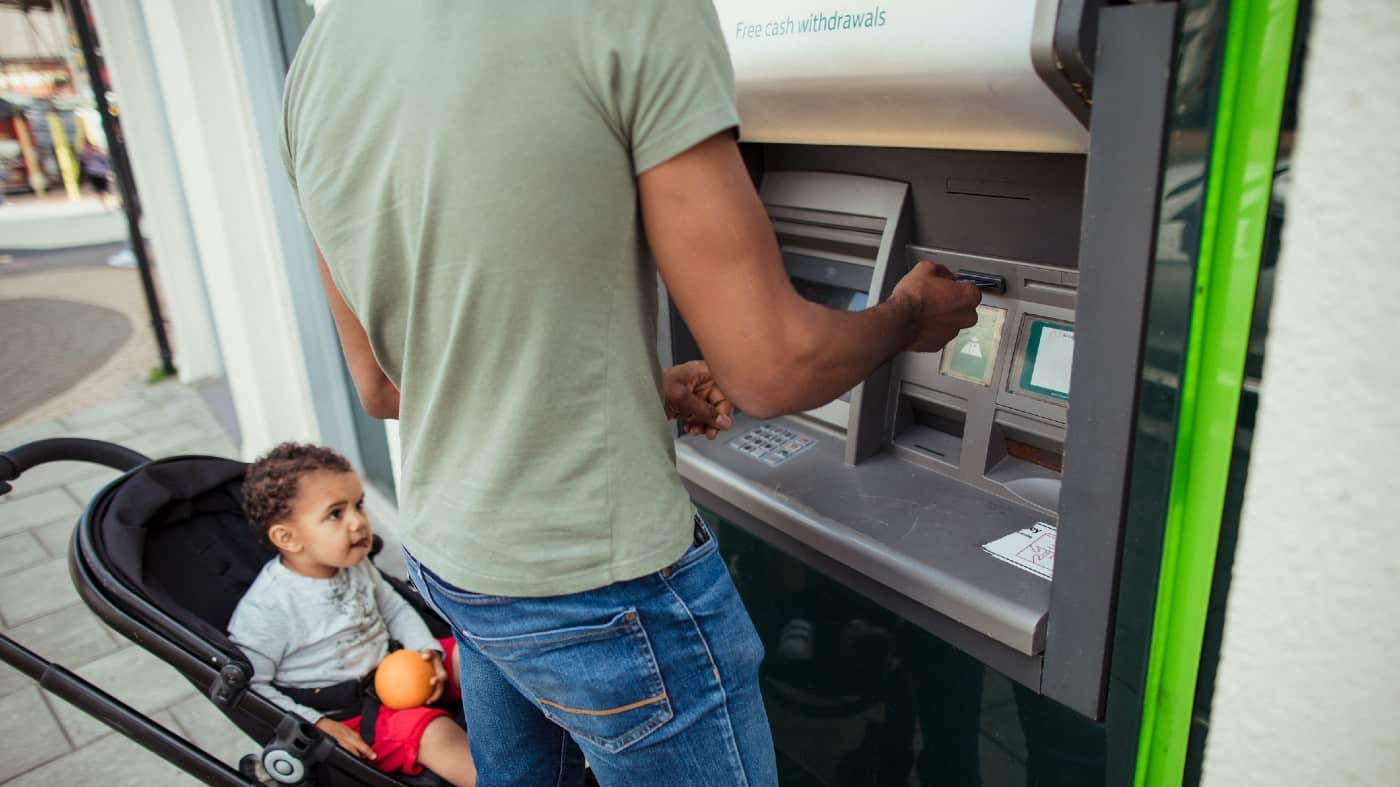Shares in FTSE 100 ‘Big Four’ bank NatWest (LSE: NWG) are down 26% from their 2 February high. There are two key reasons I see for this price drop.
One is regular bad publicity surrounding not just NatWest but Barclays, HSBC and Lloyds too. News on 10 July that NatWest is to close a further 36 branches is indicative of this.
It creates a broadly negative feeling towards the banks, which permeates into small investor decision-making, I feel.
The other is the ‘mini-banking crisis’ seen in March, with the failure of Silicon Valley Bank and then Credit Suisse. This stirred up memories in investors of the major banking crisis first seen in 2007.
This had resonance for NatWest as it was bailed out during the Great Financial Crisis that began in that year.
However, I do not think either of these reasons behind the share price drop is relevant now.
Banks are businesses
Because money is crucial to everyone’s daily life, banks are held to a higher standard than many other businesses. But there is no logical basis for this.
A supermarket, for instance, would not keep a store open in a remote area, which had few customers and lost money. But there is outrage when a bank closes a branch in such a location.
Banks are businesses and commercially, it is a very good idea to close uneconomical branches to reduce costs.
Another common gripe against banks is that they are not passing on high interest rates to savers. But banks need to shore up their solvency in high-interest rate environments so that they can withstand economic downturns.
Strong balance sheet
This has been evident in NatWest’s core strategy since the government bailout.
Its Q1 2023 results showed core equity (‘CET1’) capital ratio requirements of 14.4%. This was notably higher than in Q4 2022 and above the 10% benchmark.
Core equity is composed of highly-rated assets that can be sold off quickly to shore up capital if needed.
Also positive was an attributable profit of just under £1.3bn and a return on tangible equity (ROTE) of 19.8%.
So effectively has NatWest rebuilt its solvency that the government sold £1.26bn of its shares back to the bank on 22 May.
This direct buyback reduced its stake to 38.6%, bringing the bank closer to full private ownership. It was the sixth block sale of shares since the government intervened in 2008.
Stellar shareholder rewards
In 2022, NatWest shares had a dividend yield of 11.4%, up from 4.3% the previous year. Chief executive Alison Rose said that the bank plans to deliver a sustainable ROTE of 14% to 16%.
Rose also said that it intends to maintain its payout ratio of 40% in 2023. She added that this will include the ability to deploy any excess capital by making additional share buybacks.
One risk in the stock for me is that a sustained decline in interest rates would reduce its net margins. Another is that the global economy might take a very dramatic turn for the worse.
I already have holdings in this sector, but if I did not then I would buy NatWest shares today. For me, they offer potentially high dividends and a likely recouping of all this year’s share price losses at least.








